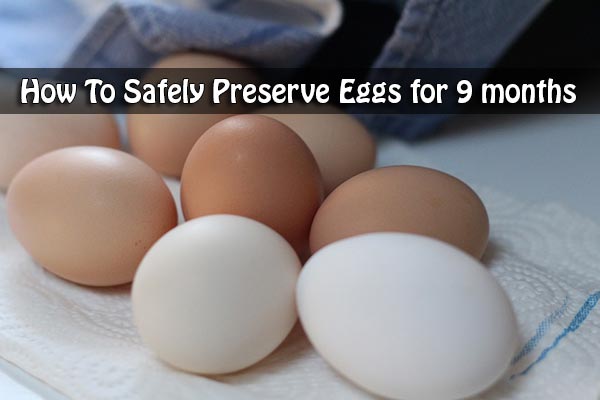How To Safely Preserve Eggs for 9 months

Make sure to like Living Green and Frugally on Facebook, Shop at Amazon to help support my site and explore our PINTEREST BOARDS for innovative ways you can become self-sufficient.
If you’ve ever kept a flock of chickens, you’re probably aware of a basic perversity of homestead life: While your family’s consumption of eggs tends to remain fairly constant year round . . .
your hens’ production of the delicious edibles doesn’t. I have an abundance of fresh eggs and they just keep coming. Preserving eggs in the refrigerator for 9 months is unfathomable to most people, let alone safely preserving eggs that long without refrigeration. Click the link below to see how to preserve your eggs.
How To Safely Preserve Eggs for 9 months